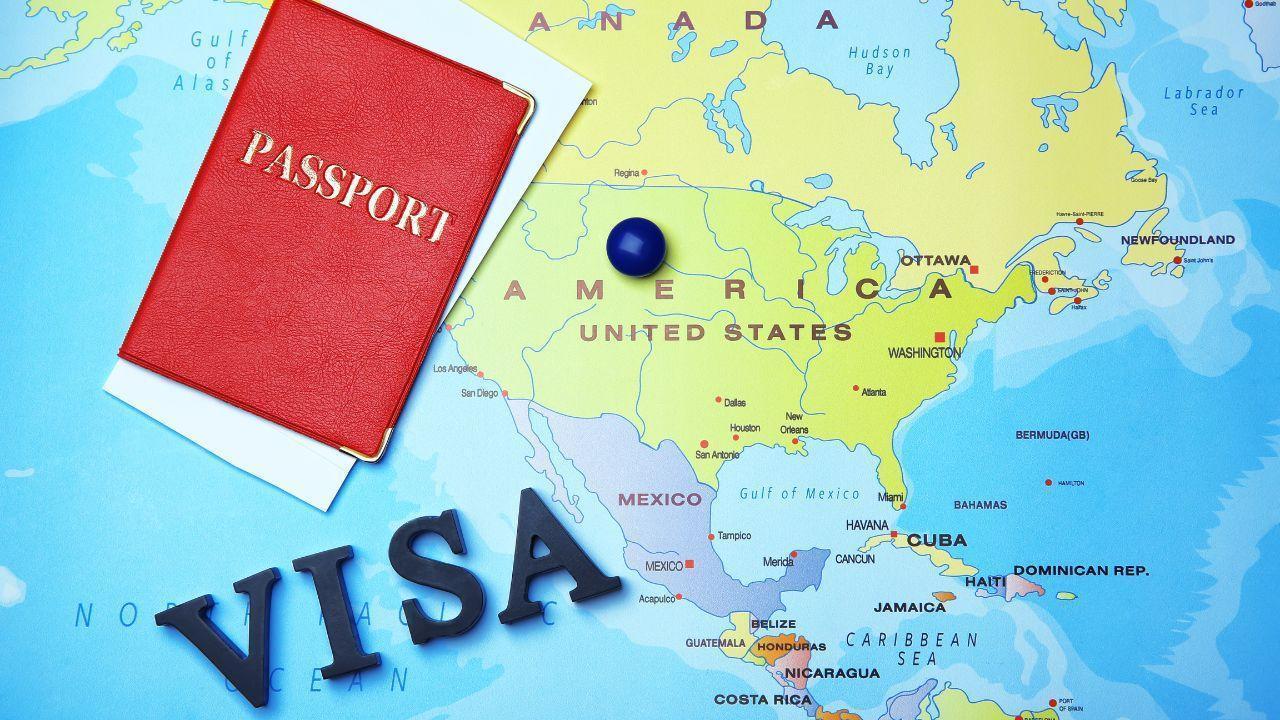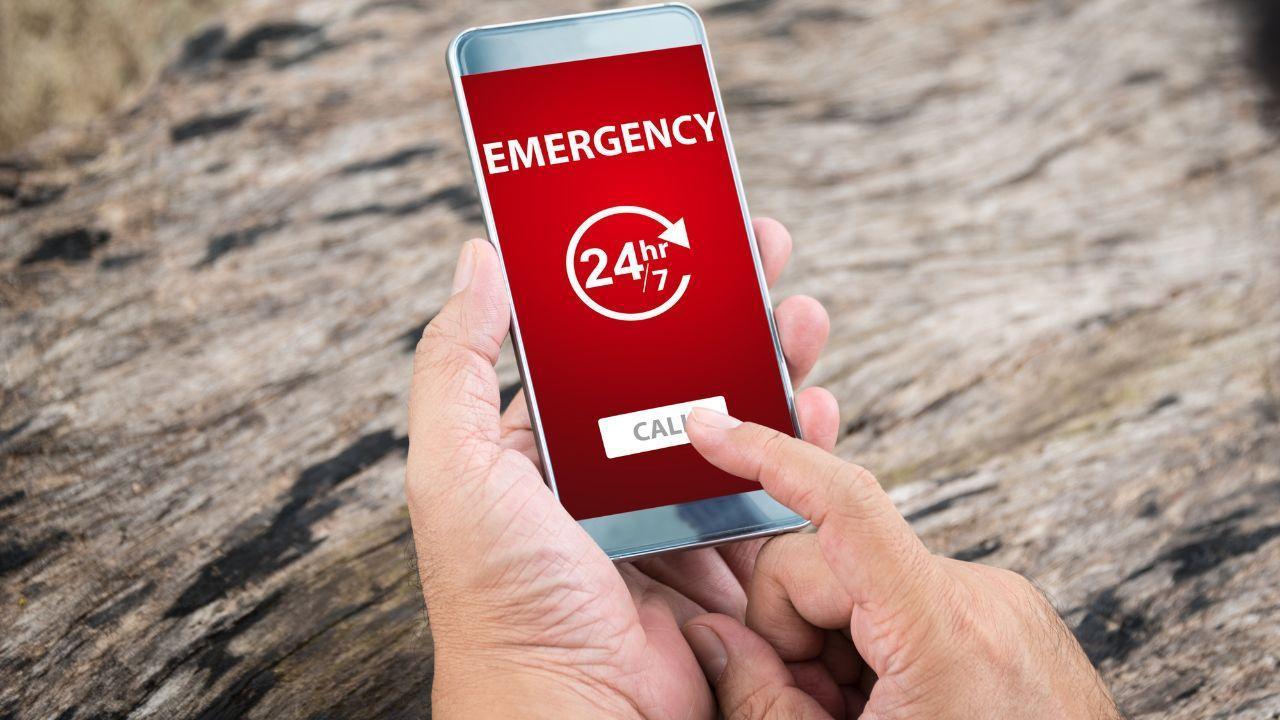



The First Step to a Safe and Happy Life Abroad
Living in another country to study is a big and exciting step. You get to meet new people, see new places, and learn many new things. But it also comes with some challenges. One of the most important things to remember is safety. Being in a new place means you must be more careful. Here are some useful and simple safety tips for students living abroad to help you stay safe and enjoy your study life without fear.
Know Emergency Numbers Before You Travel
Before going to a new country, it’s smart to learn the local emergency numbers. Every country has different numbers to call if you need help from the police, ambulance, or fire department. For example, in the USA, you call 911; in the UK, it’s 999; and in Australia, it’s 000. Save these numbers on your phone and also write them down on paper in case your phone is not working.
Keep Your ID and Important Papers Safe
Your passport, visa, and student ID are very important when you're studying abroad. These documents show that you are legally staying in the country. Do not carry your original passport every day. It’s better to keep it safe in your room, locked in a drawer or locker. You can carry a copy or a photo of your passport on your phone instead.
Learn About Your Local Area
When you arrive in your new city, take time to learn about your area. Find out which places are safe and which ones you should avoid, especially at night. You can ask local students, teachers, or staff for help. Using map apps can also help you find safe and easy routes around the city.
Be Careful of Scams and Tricks
Students from other countries can sometimes be targets for scams. Some people may try to trick you into giving money or personal information. Be careful of strange phone calls or emails that ask for your bank details or say you are in trouble. If something seems wrong or too good to be true, do not believe it right away. Always check with someone you trust.
Use Transport Safely
Public buses, trains, and taxis are useful when studying abroad. But you must still be careful. Keep your bag close and avoid empty places at night. If you're using ride apps like Uber or Bolt, check the driver’s name and car number before getting inside. Share your trip details with a friend or family member when you can.
Save Emergency Contacts
Keep a list of people you can call in case of an emergency. This can include a close friend, someone from your college, your country’s embassy, and your family. Save their phone numbers on your phone and also write them down on paper to keep in your bag.
Lock Your Room and Stay Alert
Always lock your room doors and windows when you're leaving or going to sleep. If you live in a shared home, make sure your personal room has its own lock. This helps protect your things and keeps you safe.
Be Careful on Social Media
While it’s fun to share photos and updates online, do not post your address, travel plans, or daily routine. Keep your accounts private and connect only with people you know. This helps you avoid any unwanted attention or danger.
Learn Simple Self-Defense
Knowing how to protect yourself in an emergency is a good skill. Some schools or local clubs offer self-defense classes. You can learn basic moves and tips that help you stay calm and protect yourself if needed. Even knowing how to ask for help loudly can be useful.
Listen to Your Feelings
Your feelings can often tell you if something is wrong. If you feel scared or unsure in a place or around someone, trust that feeling. Leave the area and go somewhere safe. Call a friend or someone you trust. Never feel shy to ask for help when you need it.
Take Care of Your Health
Being safe also means staying healthy. Eat good food, get enough sleep, and visit a doctor if you don’t feel well. Know where the nearest clinic or hospital is and understand what your health insurance covers. Good health is a big part of safety.
Follow Local Rules and Laws
Every country has its own rules, and you must follow them. Don’t do anything that is illegal in that country, like underage drinking, breaking traffic rules, or staying after your visa ends. Breaking the law in another country can cause big problems, including being sent back home.
Disclaimer:
The information shared in this article is for general understanding and guidance only. At Myedugoal, we aim to provide helpful tips and advice for students, but we do not promise that everything will be perfect for every person or situation. Please do your own research or speak to a trusted expert before making any final decisions. Myedugoal is not responsible for any problems or actions taken based on this content.
#trending #latest #SafetyTips #StudyAbroad #StudentsAbroad #StaySafe #StudentLife #MyEduGoal #OverseasEducation #InternationalStudents #StudyTips #StudentSupport #AbroadLife #SmartStudent #TravelSafe #CampusSafety #StudentGuide

Learn to manage money smartly while studying abroad... Read More.

Stay and Work Abroad with Post-Study Visa Options 2025... Read More.
 Fake posts hit Czech PM Fiala's X
Fake posts hit Czech PM Fiala's X
Fake posts disrupt Czech PM Fiala's X account security
 Switzerland Tightens Export Rules
Switzerland Tightens Export Rules
Switzerland expands export controls on dual-use goods
 Google unveils Ironwood AI chip
Google unveils Ironwood AI chip
Google introduces Ironwood chip to accelerate AI tasks & apps
 TSMC Q1 revenue up 42%
TSMC Q1 revenue up 42%
TSMC sees 42% revenue surge in Q1, surpassing forecasts
 Google unveils Ironwood AI chip
Google unveils Ironwood AI chip
Google's Ironwood chip boosts AI processing and app speed
 Amazon CEO Outlines AI Vision
Amazon CEO Outlines AI Vision
Amazon CEO reveals AI investment plans in new letter
 Osaka Hosts World Expo 2025
Osaka Hosts World Expo 2025
Japan blends tech and culture at Osaka Expo 2025 launch
© MyEduGoal. All Rights Reserved. Design by markaziasolutions.com